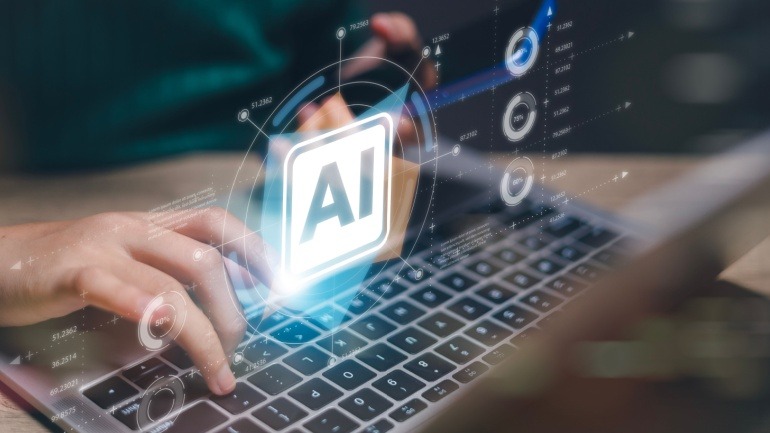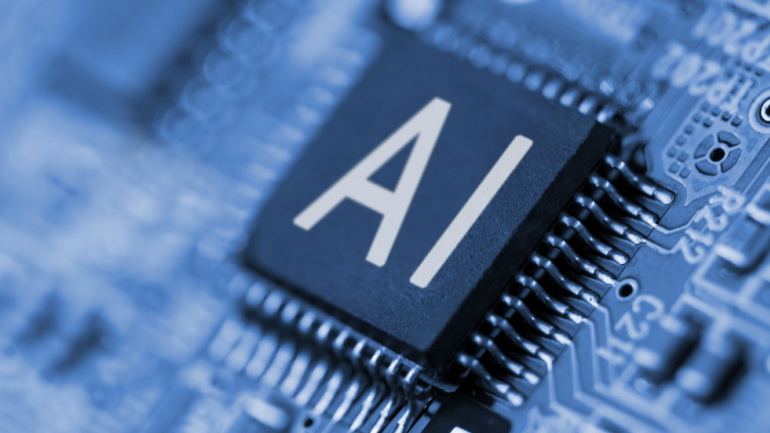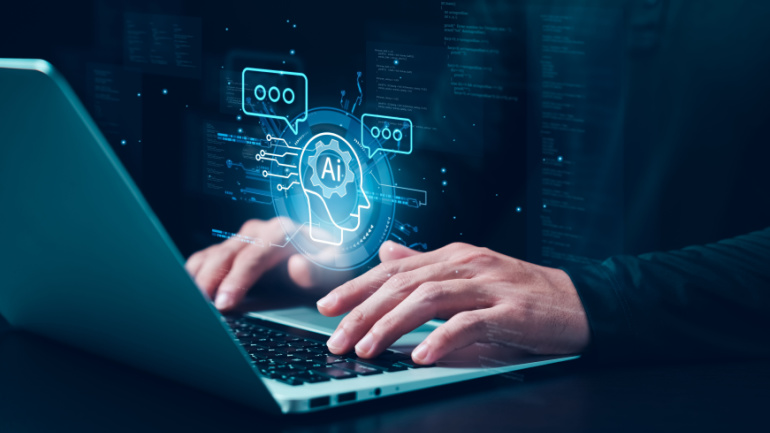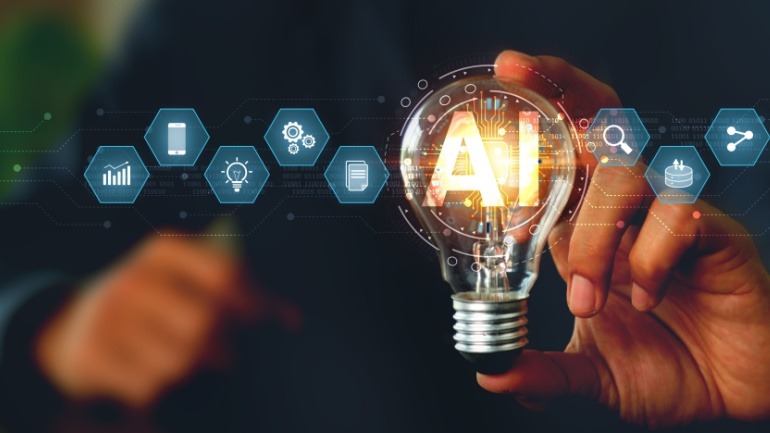BT has launched the GenAI Gateway, an advanced platform designed to integrate large language models (LLMs) into their operations, boosting VoIP solutions. Developed with AWS, this platform centralizes access to AI models from leading providers like Anthropic and Meta, enhancing VoIP service delivery with robust security and flexible AI tools.
Oracle has unveiled new capabilities for its HeatWave technology, boosting generative AI integration on Oracle Cloud Infrastructure (OCI) and AWS. These enhancements streamline AI application development and manage complex transactional workloads efficiently. Key features like in-database large language models and automated vector processing offer a significant price-performance edge.
Softbank, the Japanese telecommunications giant, is gearing up to bolster its supercomputing capabilities in a bid to support its ambitious generative AI (GenAI) strategy. As reported by Nikkei, Softbank plans to allocate JPY150 billion ($960 million) over the next two years towards upgrading its computing infrastructure, a significant leap from the JPY20 billion invested last year.
The smartphone industry is gearing up for a seismic shift as generative Artificial Intelligence (GenAI) capabilities become mainstream. According to the latest forecast from Counterpoint Research, the global shipment of GenAI-capable smartphones is expected to grow at an impressive compound annual growth rate (CAGR) of 65% between 2024 and 2027.
The transformative growth of AI is undeniably impressive but raises several concerns. Despite their potential for innovation, GenAI advancements could blur the line between fact and fiction, adding to the challenge of distinguishing authentic information. NTT calls for flexible but robust regulations to manage potential threats to trust and democracy, citing the need for education, copyright updates, and content labelling.
In response to the rapid growth of the metaverse and generative AI sectors, the European Commission (EC) is conducting a comprehensive evaluation of the competitive landscape. Margrethe Vestager, the Executive Vice President of competition policy, has issued Requests for Information (RFI) for both markets, urging stakeholders to share insights on competition levels and propose ideas on how antitrust regulations can sustain competitiveness.
In a strategic move, Intel has partnered with private equity firm DigitalBridge to introduce Articul8, a new company set to bring enterprise-grade generative AI technology to the market. Articul8 aims to provide corporate customers with a secure and vertically-optimized genAI software platform, designed to run seamlessly on Intel hardware, including Xeon processors and Gaudi AI accelerators.
In the wake of a profound digital transformation, businesses are strategically navigating the evolving landscape of generative artificial intelligence (genAI), propelling them into a new era of adaptability and innovation. The surge in genAI-related job postings, as reported by GlobalData’s Job Analytics Database, reflects a growing commitment among companies to stay relevant and competitive in this dynamic environment.
Gartner forecasts a huge 20.4% increase in public cloud services expenditure by 2024, hitting an astounding $679 billion. This surge in spending could be primarily driven by business needs and innovative technologies like generative AI. Interestingly, all cloud market segments Gartner monitors are set to grow, with Infrastructure-as-a-service (IaaS) leading the pack at 26.6%. That said, as the cloud market evolves in response to business outcomes, non-technical issues such as cost, privacy, and sustainability are crucial considerations for an effective GenAI deployment.
Gartner predicts AI data centers may hit operational limits by 2027 due to power shortages, driven by surging AI and GenAI energy demands. As electricity needs rise, organizations must adapt by securing long-term power contracts and exploring efficient alternatives.













